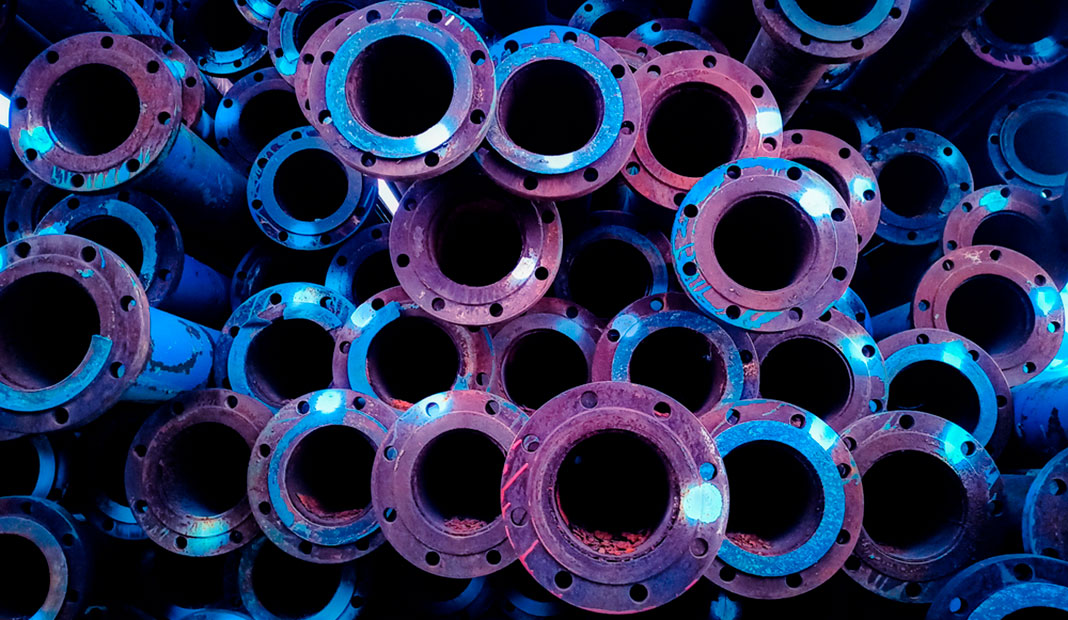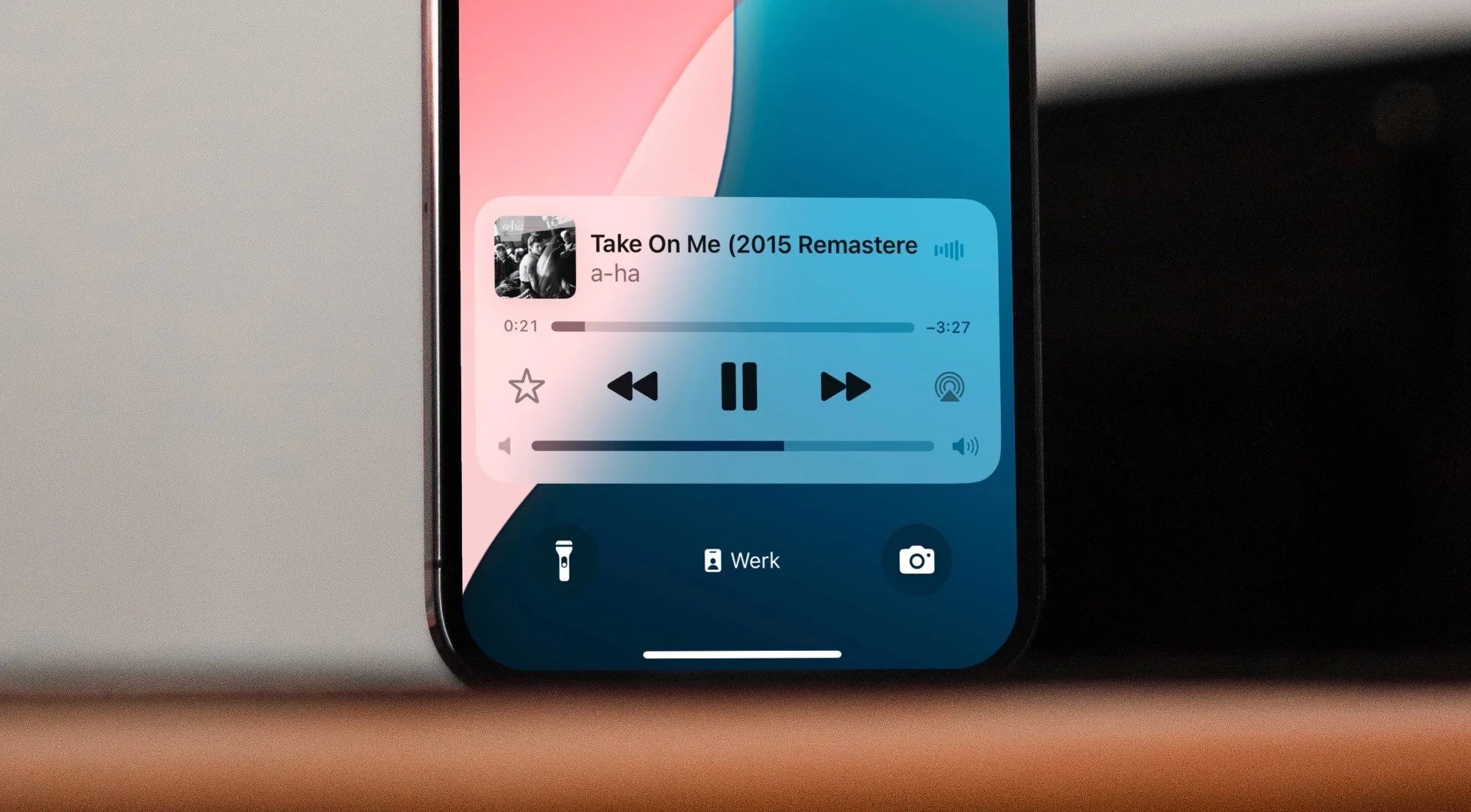Biting your nails, touching your hair, or pulling your earlobe can help release tension. The same thing happens with cracking your knuckles, a habit that some people get on edge, but that others repeat almost without being aware of it because they have incorporated it as another habit, to the point that a study published in 2017 in Clinical Orthopedics and Related Research revealed that between 25% and 45% of people crack their knuckles.
Even if you do not have this habit, you have surely heard that characteristic sound that is produced when doing it, and perhaps you have wondered why we hear that clicking and if this practice can be harmful to the joints in the long term or cause osteoarthritis, arthritis or other adverse effects.
Table of Contents
- Why do we hear a clicking noise when we crack our knuckles?
- Can cracking your knuckles cause arthritis or other injuries?
- Signs that indicate we should stop cracking our knuckles
- Tips to stop cracking your knuckles
Why do we hear a clicking noise when we crack our knuckles?
Dr. Magdalena Cadet, a medical assistant at New York University Grossman School of Medicine, explains what causes that kind of clicking sound we hear, speaking to Livestrong.com: “The knuckles are protected by a capsule that It contains synovial fluid, which contains nutrients and also lubricates the joints.” “When you crack your knuckles by stretching, bending or twisting your fingers, the negative pressure can cause a variety of gases, including nitrogen or carbon dioxide, to be temporarily introduced into the joint.”
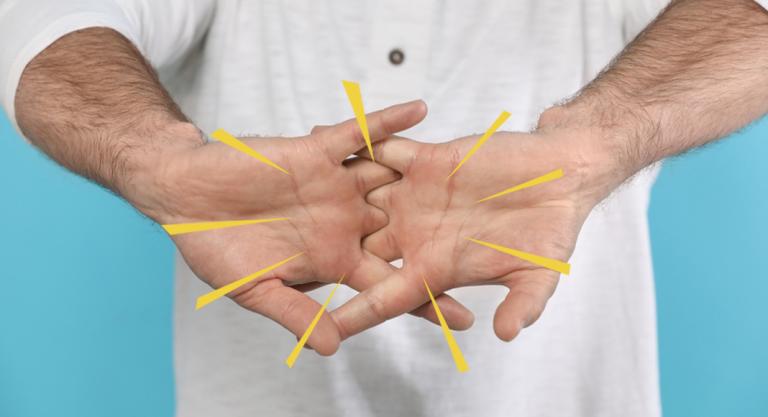
“You may also hear cracking sounds caused by the movement of tendons and ligaments around the joint,” he adds, noting that after cracking your knuckles it can take up to half an hour before you can do it again because the gases require time to dissolve back into the joint’s synovial fluid, which is why you can’t crack the same knuckle twice in a row.
A study published in Nature in March 2018 used a mathematical model to explain the generation of sounds that accompany knuckle cracking and shows that these gases release bubbles that create a pop when they collapse. In any case, not all of us are capable of cracking our knuckles, which one theory attributes, according to Dr. Cadet, to “some individuals having a large spacing between their knuckles, which makes them incapable of performing this maneuver.”
Can cracking your knuckles cause arthritis or other injuries?
There is no scientific evidence that cracking your knuckles is a risk factor for osteoarthritis – the most common type of arthritis – in the hand, and this was confirmed by a study published in the Journal of the American Board of Family Medicine in March 2011, which found that the prevalence of osteoarthritis was similar between those who cracked their knuckles and those who did not.
A curious case is that of a California doctor who experimented on himself to find out if there was a relationship between cracking his knuckles and developing arthritis. This doctor cracked the knuckles on one hand for decades and finally had x-rays of both hands, which showed there was no difference in arthritis between them. The results were published in Arthritis Rheumatology in May 1988.
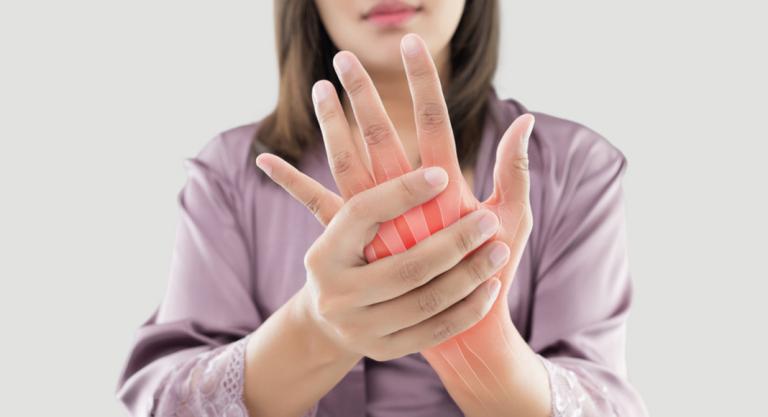
However, adverse effects such as joint dislocations and tendon injuries have sometimes been found in some people after they attempted to crack their knuckles. And a study published in 1990 that compared 74 people who had the habit of cracking their knuckles regularly and 226 people who did not do so found that the average grip strength of the former was lower and that there were more cases of swelling of hands. However, the incidence of arthritis was the same in both groups.
Signs that indicate we should stop cracking our knuckles
Although it seems that cracking your knuckles is harmless and can help relieve stress and tension in certain situations, there are other healthier ways to achieve it. Additionally, if you experience any of these symptoms on your hands you should stop this practice and consult a doctor:
- Pain.
- Inflammation.
- Reduced mobility of the fingers.
One of the possible causes of this discomfort is crepitus, a term used in orthopedic and sports medicine to describe a clicking or cracking sound in a joint that can occur due to injury or arthritis. Unlike voluntary cracking of the knuckles, crepitus can occur when you move your knuckles. Tissue inflammation due to rheumatoid arthritis or tendonitis (in which the tendon becomes inflamed from overuse or injury) can also trigger crepitation.
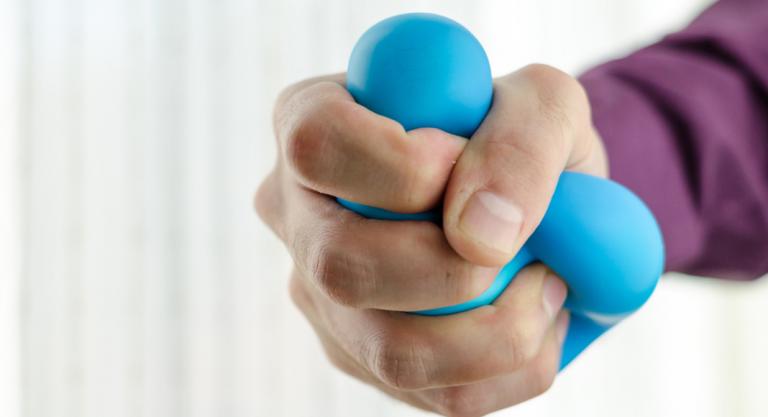
Tips to stop cracking your knuckles
It has not been proven that cracking your knuckles is bad for your health, but it is a habit that can be annoying for those who live with the person who does it, and it cannot be completely ruled out that it can have negative consequences for some people, since We are different and so are our circumstances and environment. We give you some recommendations that can help you avoid this habit or reduce its frequency:
- Try to control your stress. Not only will this prevent you from resorting to cracking your knuckles, but it will also improve your emotional well-being. To do this, you can practice physical exercise, relaxation techniques or meditation, among other activities.
- Replace this habit by stretching your fingers and forearms. A routine that can help you is to extend your arms, open your palms, pointing your fingers upward, and use your other hand to gently pull your extended fingers toward your body. With your arms still extended, bend your wrists so your fingers point toward the floor and press the back of your palm. Finish by closing both hands in a fist and then opening them to stretch and separate the fingers as much as possible.
- Keep your hands busy. To do this you can squeeze a ball or other anti-stress object, for example.

